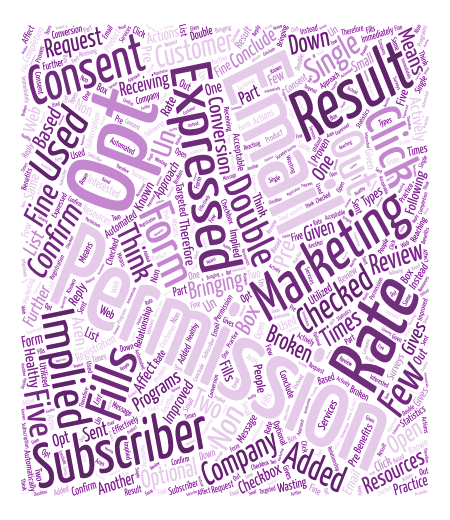Consent must be informed
In the deliverability space we talk about permission and consent a lot. All too often, though, consent is taken not given. Marketers and senders assume they have permission to send email, while the recipient is left expecting no email.
There are different ways that companies assume permission. A favorite is to hide the permission deep in the terms and conditions or in the privacy policy. This is problematic on a number of different levels. In some cases, the privacy policy and the terms and conditions policies contradict each other. One will say they can send email, the other says they won’t.
Other forms of taking permission include scanning badges at conferences and uploading address books to bulk sending programs. Neither of these things are actually permission. Just because someone corresponds with an employee does not mean they are giving permission to be added to mailing lists.
Modern laws are attempting to address this. Both CASL and GDPR make it clear that senders can’t simply assume they have permission to send mail. Permission must be explicitly granted and the terms of the permission must be clear. The new California privacy laws are also trying to make consent explicit.
Overall, laws requiring explicit permission are a direct result of too many marketers and senders assuming consent. The regulations weren’t created out of nothing, they’re a response to ongoing abuses by the marketing industry. The marketing industry had the ability to head this off by acting reasonably, but self regulation wasn’t on the table.

